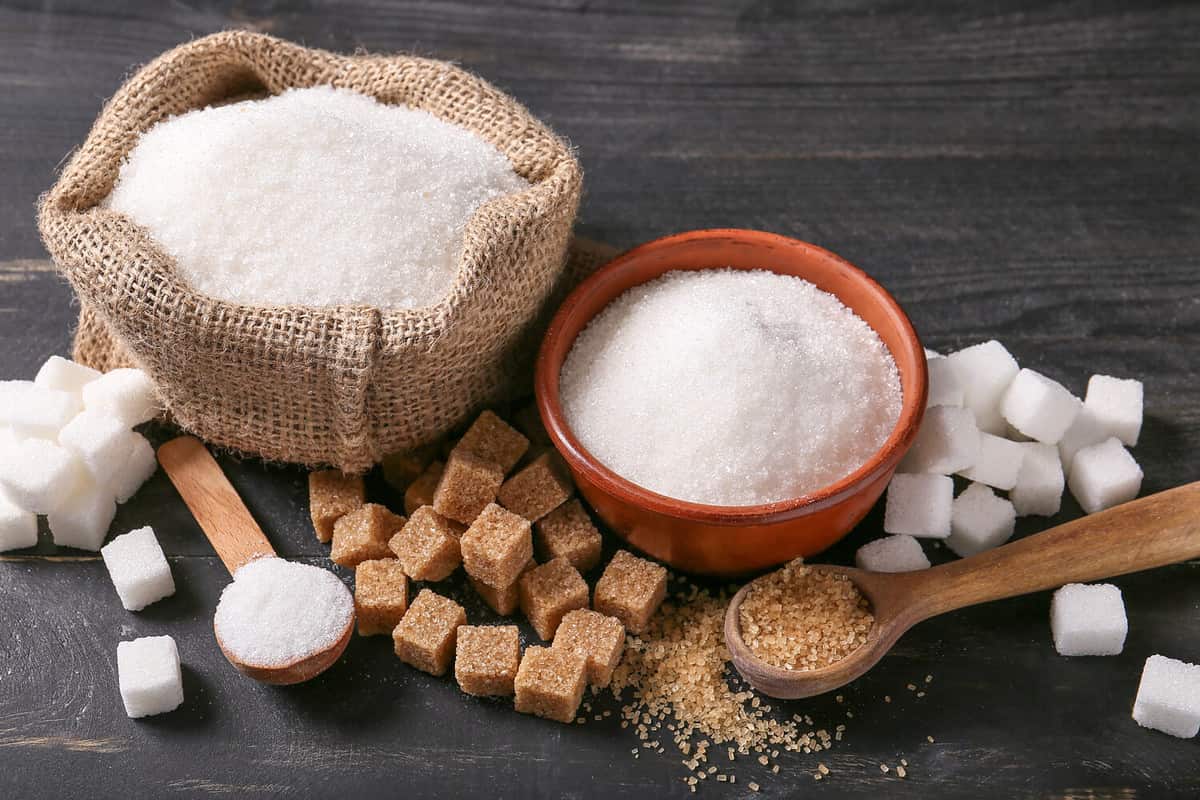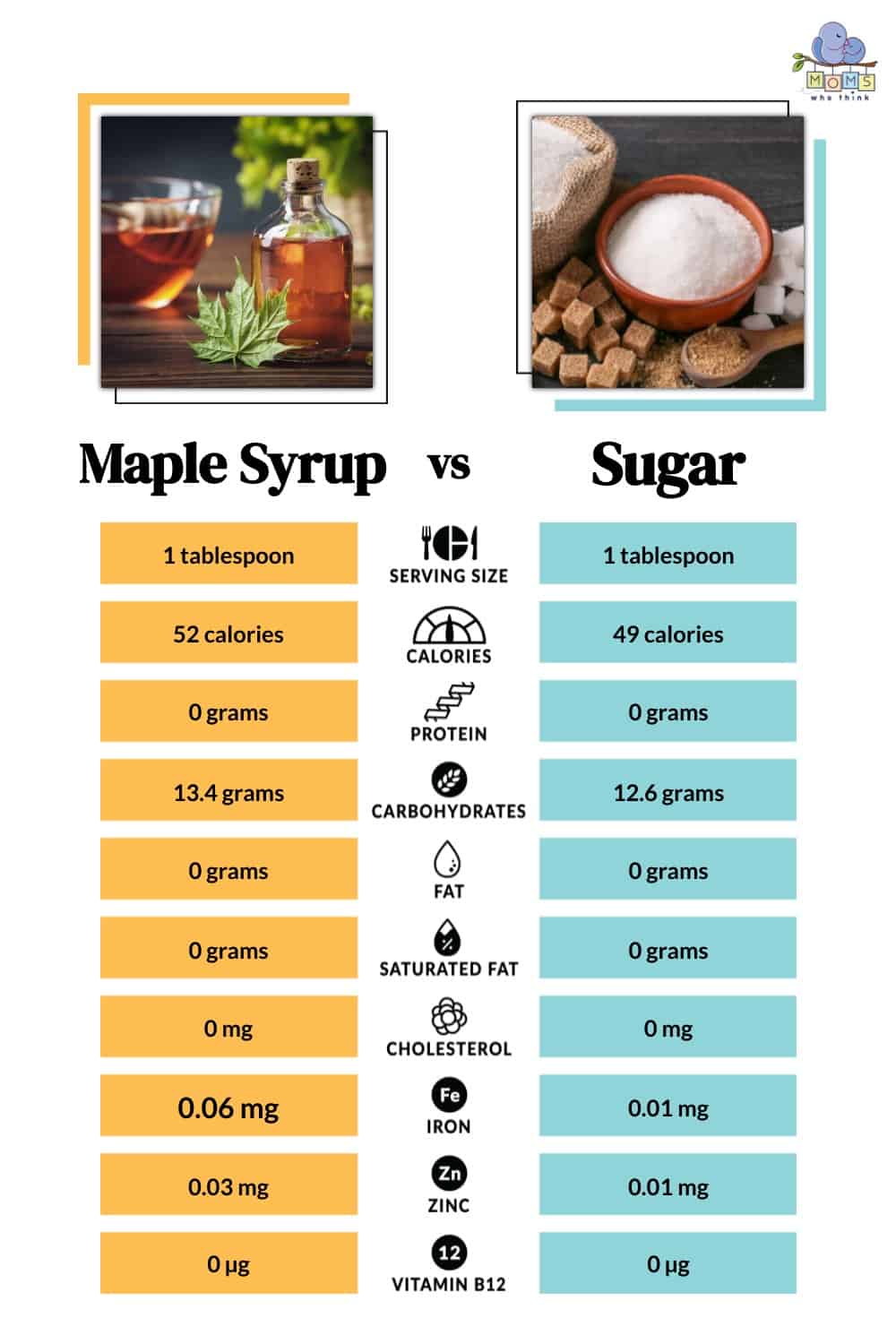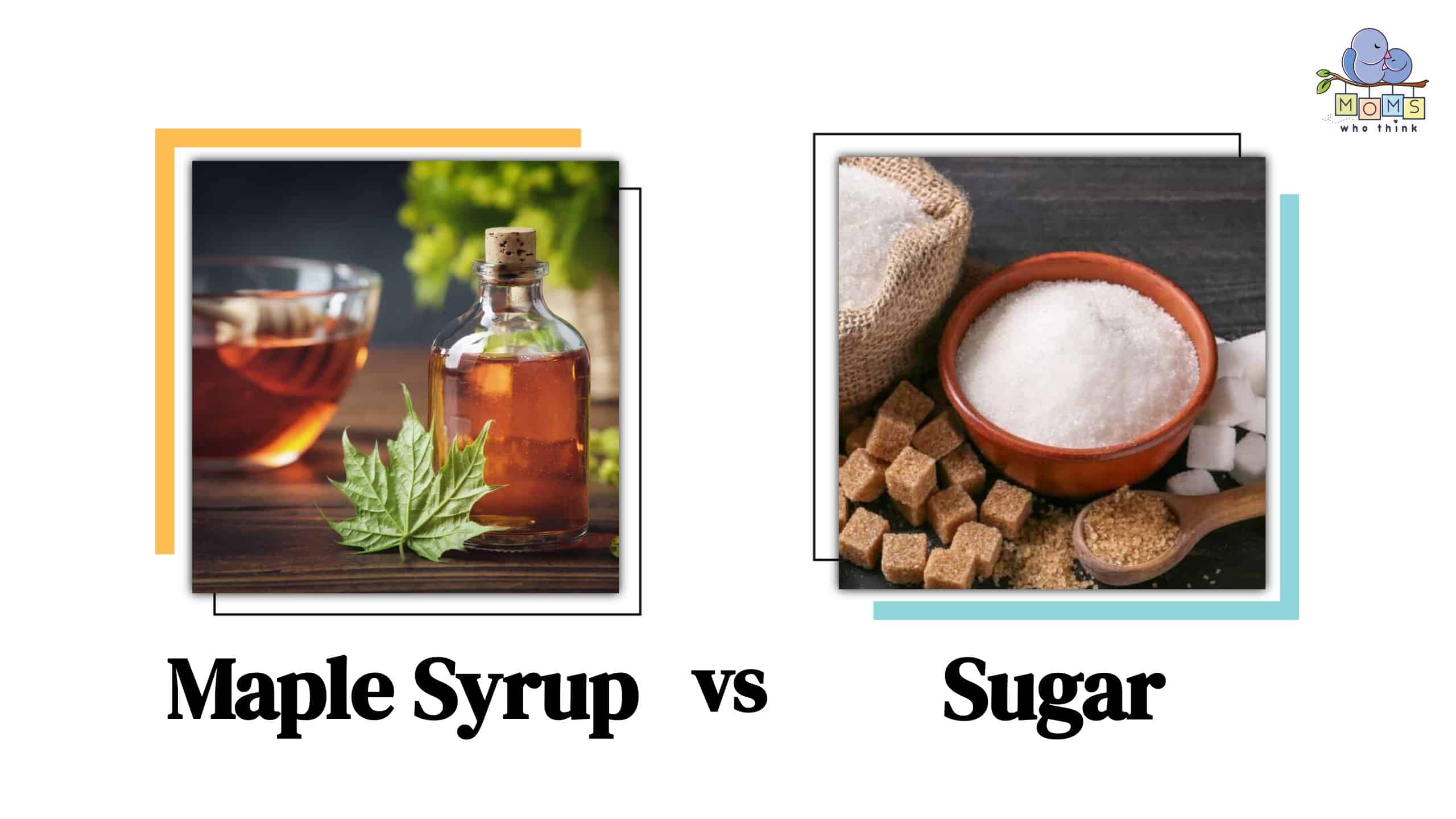Maple syrup and sugar are two commonly used sweeteners in our daily lives. But have you ever wondered how they affect your blood sugar levels? Understanding the impact of these sweeteners on blood sugar is crucial for maintaining overall health and well-being. In this article, we'll delve into the maple syrup vs. sugar debate and explore which one is better for your blood sugar.
Understanding Maple Syrup and Sugar
Maple Syrup:
Maple syrup is a delicious and popular sweetener that is derived from the sap of maple trees. The production process involves tapping the trees and collecting the sap, which is then boiled down to remove excess water, resulting in the thick and sweet syrup we know and love.
Nutritionally, maple syrup contains a range of important minerals and antioxidants. It is a good source of manganese, which is essential for bone health and metabolism. It also contains zinc, which supports immune function and wound healing. Additionally, maple syrup contains small amounts of calcium, potassium, and iron.
However, it's important to note that maple syrup is also high in sugar and calories. While it does provide some beneficial nutrients, it should still be consumed in moderation as part of a balanced diet.
Sugar:
In comparison, sugar is a highly refined sweetener that is derived from either sugarcane or sugar beets. It undergoes extensive processing to remove impurities and is composed solely of sucrose, providing no additional nutrients or health benefits.
While sugar itself does not offer any nutrients or health benefits, natural sources of sugar found in fruits, vegetables, and whole grains provide essential nutrients and contribute to a healthy diet when consumed in moderation.
It's important to note that while sugar substitutes like artificial sweeteners may have some benefits, such as lower calorie content and reduced risk of tooth decay, more research is needed to fully understand their long-term health effects, especially in children.
Different Types Of Sugar

There are different types of sugar, with white sugar being the most common.
©Pixel-Shot/Shutterstock.com
White Sugar: This is the most common type of sugar, which is refined and processed to remove impurities and molasses. It is composed of sucrose and has a fine texture.
Brown Sugar: Brown sugar is made by adding molasses back into refined white sugar. It has a slightly moist texture and a caramel-like flavor. There are two types of brown sugar: light brown sugar and dark brown sugar, with the latter having a stronger flavor due to a higher molasses content.
Raw Sugar: Raw sugar is less refined than white sugar and retains some of the natural molasses. It has larger crystals and a golden color.
Turbinado Sugar: Turbinado sugar is partially refined sugar that retains some of the natural molasses. It has a light brown color and a subtle molasses flavor.
Demerara Sugar: Demerara sugar is a type of raw sugar with large, golden-brown crystals. It has a slightly caramel-like flavor and is often used as a sweetener in coffee or tea.
Muscovado Sugar: Muscovado sugar is an unrefined sugar with a high molasses content. It has a dark brown color, sticky texture, and a strong molasses flavor.
Coconut Sugar: Coconut sugar is derived from the sap of coconut palm trees. It has a similar taste to brown sugar and is often used as a natural sweetener.
Maple Syrup vs. Sugar: Impact on Blood Sugar Levels
Maple Syrup:
When it comes to blood sugar levels, maple syrup has a lower glycemic index compared to sugar. The glycemic index measures how quickly a food raises blood sugar levels after consumption. Maple syrup has a glycemic index of around 54, which is lower than the glycemic index of sugar, typically around 65.
The glycemic load is another factor to consider, which takes into account the quantity of carbohydrates consumed. While maple syrup does contain carbohydrates, the glycemic load is relatively low due to the smaller serving size typically used compared to sugar.
It's important to note that the carbohydrates in maple syrup are mainly in the form of sucrose, which is broken down into glucose and fructose in the body. This breakdown occurs at a slower rate compared to the refined sugar, leading to a more gradual increase in blood sugar levels.
Sugar:
Sugar, on the other hand, has a higher glycemic index compared to maple syrup. The glycemic index of sugar is typically around 65, indicating that it raises blood sugar levels more quickly than maple syrup.
Similarly, the glycemic load of sugar can be higher due to the larger serving sizes often used in various food products.
The carbohydrates in sugar are primarily in the form of sucrose, which is quickly broken down into glucose in the body. This rapid breakdown leads to a sharp increase in blood sugar levels, followed by a potential energy crash and an increased risk of long-term health issues like insulin resistance and diabetes.
Comparing Maple Syrup and Sugar

Calorie Content:
Caloric content and macronutrient composition play a significant role. Maple syrup contains approximately 52 calories per tablespoon, while sugar has around 49 calories per tablespoon. Both are primarily composed of carbohydrates, with maple syrup containing around 13 grams of carbohydrates per tablespoon, and sugar consisting entirely of sucrose, a disaccharide composed of glucose and fructose.
Nutritional Content:
In terms of vitamins, minerals, and antioxidants, maple syrup offers a slight advantage. It contains small amounts of essential minerals like manganese and zinc. Manganese is crucial for bone health and metabolism, while zinc supports immune function and wound healing. Maple syrup also contains antioxidants, which help protect the body against damage caused by free radicals.
In contrast, sugar lacks any significant nutritional content. It is a highly refined product that undergoes extensive processing, stripping it of any vitamins, minerals, or antioxidants present in the original source, like sugarcane or sugar beets.
Maple Syrup vs. Sugar: Choosing the Right Sweetener
For individuals with diabetes or blood sugar concerns, there are some important considerations when choosing between maple syrup and sugar as sweeteners.
Monitoring carbohydrate intake and blood sugar levels is crucial. Both maple syrup and sugar contain carbohydrates that can impact blood sugar levels. It's essential to be mindful of portion sizes and overall carbohydrate consumption to maintain stable blood sugar levels. Working with a registered dietitian or healthcare professional can provide personalized guidance on carbohydrate counting and meal planning.
Recommendations from healthcare professionals may vary depending on individual needs and preferences. In general, healthcare professionals often advise individuals with diabetes to limit their intake of added sugars, including maple syrup and sugar. Instead, focus on natural sources of sweetness like fruits or use sugar substitutes approved by regulatory bodies.
Also, healthcare professionals may recommend incorporating other strategies for blood sugar management, such as regular physical activity, portion control, and a well-balanced diet that includes whole grains, lean proteins, and fiber-rich foods.
Moderation and Overall Dietary Balance
While maple syrup does have some nutritional advantages over sugar, it's important to note that both are still sources of added sugars and should be consumed in moderation. Excessive intake of added sugars can lead to various health issues, including obesity, diabetes, and dental problems.
It's important to note that these considerations and recommendations are general guidelines. Each person's diabetes management plan may vary, and it's crucial to consult with a healthcare professional for personalized advice.
In Conclusion
In conclusion, when comparing maple syrup and sugar in terms of their impact on blood sugar, it's clear that maple syrup is a better option for individuals concerned about their blood sugar levels. Maple syrup has a lower glycemic index and a lower glycemic load compared to sugar, which means it causes a slower and more controlled rise in blood sugar levels. This can be beneficial for individuals with diabetes or those aiming to manage their blood sugar effectively.
Furthermore, maple syrup offers some nutritional advantages over sugar. It contains small amounts of essential minerals like manganese and zinc, as well as antioxidants that provide potential health benefits. In contrast, sugar lacks any significant nutritional content due to its extensive refining process.
However, it's important to note that both maple syrup and sugar are still sources of added sugars and should be consumed in moderation. Individuals with diabetes or blood sugar concerns should monitor carbohydrate intake and blood sugar levels while working closely with healthcare professionals or registered dietitians to develop personalized dietary plans.

